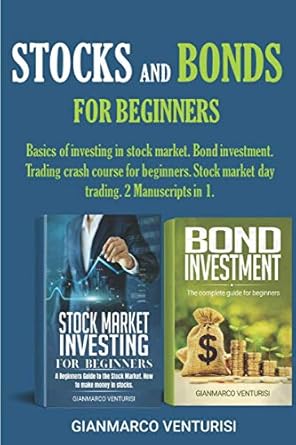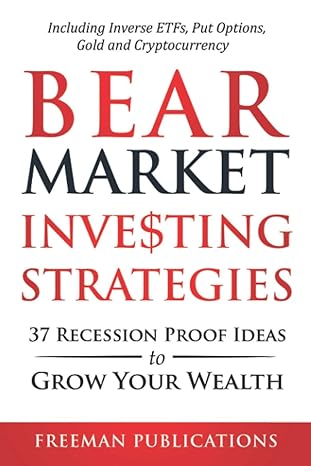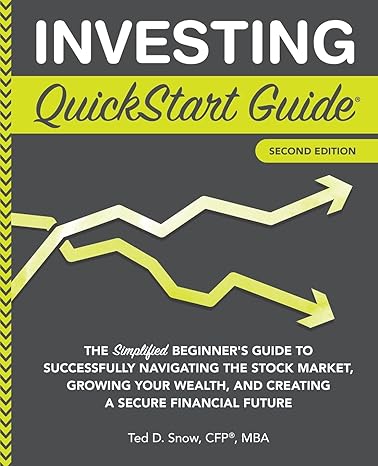In the world of investments, you’ll often hear about stocks and bonds. Many people don’t now about the difference between stocks ad bonds. They are both feasible forms of investment. They allow you the opportunity to invest your money with a specific company or corporation with the possibility of future profits. But how exactly do they work? And what exactly is the difference between stocks and bonds?

Bonds
Let’s start with bonds. The easiest way to define a bond is through the concept of a loan. When you invest in bonds, you are essentially loaning your money to a company, corporation, or government of your choosing.
That institution, in turn, will give you a receipt for your loan, along with a promise of interest, in the form of a bond.
How are Bonds Bought and Sold
Bonds are bought and sold in the open market. Fluctuation in their values occurs depending on the interest rate of the general economy.
Basically, the interest rate directly affects the worth of your investment.
For instance, if you have a thousand dollar bond which pays the interest of 5% yearly, you can sell it at a higher face value provided the general interest rate is below 5%. And if the rate of interest rises above 5%, the bond, though it can still be sold, is usually sold at less than its face value.
The logic behind this system is that the investors deal with a higher rate of interest then the actual bond pays. The Bond is then sold at lower value in order to offset the gap.
The OTC market, which is comprised of banks and security firms, is the favorite trading place for bonds, because corporate bonds can be listed on the stock exchange, and can be purchased through stock brokers.
How You Benefit from Bonds
With bonds, unlike stocks, you, as the investor, will not directly benefit from the success of the company or the amount of its profits. Instead, you will receive a fixed rate of return on your bond.
Basically, this means that whether the company is wildly successful OR has an abysmal year of business, it will not affect your investment. Your bond return rate will be the same.

Your return rate is the percentage of the original offer of the bond. This percentage is called the coupon rate.
It is also important to remember that bonds have maturity dates. Once a bond hits its maturity date, the principal amount paid for that bond is returned to the investor.
How Bonds are Issued
Different bonds are issued different maturity dates. Some bonds can have up to 30 years of maturity period.
When dealing in bonds, the greatest investment risk that you face is the possibility of the principal investment amount NOT being paid back to you.
Obviously, this risk can be somewhat controlled through the careful assessment of the companies or institutions that you choose to invest in.
Those companies that possess more credit worthiness are generally safer investments when it comes to bonds. The best example of a “safe” bond is the government bond.
Another is the blue chip company bond. Blue chip companies are well-established companies that have proven and successful track records over a long span of time. Of course, such companies will have lower coupon rates.
If you’re willing to take a greater risk for better coupon rates, then you would probably end up choosing the companies with low credit ratings, companies that are unproven or unstable.

Keep in mind, there is a great risk of default on the bonds from smaller corporations; however, the other side of the coin is that bond holders of such companies are preferential creditors. Companies get compensated before the stock holders in the event of a business going bankrupt.
So, for less risk, choose to invest in bonds from established companies. You will be likely to cash in on your returns, but they will probably not be very large. Or, you can choose to invest in smaller, unproven companies.
The risk is greater, but if it pays off, your bank account will be greater, too. As in any investment venture, there is a trade-off between the risks and the possible rewards of bonds.
Stocks

The main difference between stocks and bonds is that stocks represent shares of a company. These shares give part of the ownership of the company to you, the share-holder. Your stake in that company is defined by the amount of shares that you, the investor, own. Stock comes in mid-caps, small caps, and large caps.
As with bonds, you can decrease the risk of stock trading by choosing your stocks carefully, assessing your investments and weighing the risk of different companies.
Obviously, an entrenched and well-known corporation is much more likely to be stable then a new and unproven one. And the stock will reflect the stability of the companies.
Stocks, unlike bonds, fluctuate in value and are traded in the stock market. Their worth is based directly on the performance of the company. If the company is doing well, growing, and attaining profits, then so does the value of the stock. If the company is weakening or failing, the stock of that company decreases in value.
How Stocks Are Traded
There are various ways in which stocks are traded. In addition to being traded as shares of a company, stock can also be traded in the form of options, which is a type of Futures trading. Stock can also be sold and brought in the stock market on a daily basis.
The value of a certain stock can increase and decrease according to the rise and fall in the stock market. Because of this, investing in stocks is much riskier than investing in bonds.
Both stocks and bonds can become profitable investments. But it is important to remember that both options also carry a certain amount of risk.
Being aware of that risk and taking steps to minimize it and control it, not the other way around, will help you to make the right choices when it comes to your financial decisions.
The key to wise investing is always good research, a solid strategy, and guidance you can trust. I hope you enjoyed the difference between stocks and bonds.

